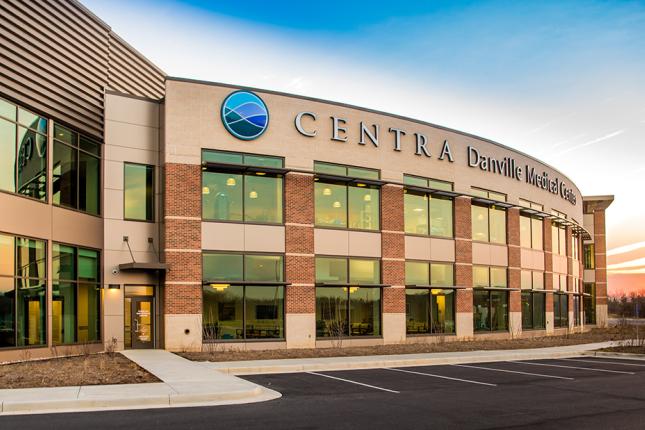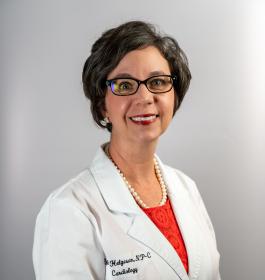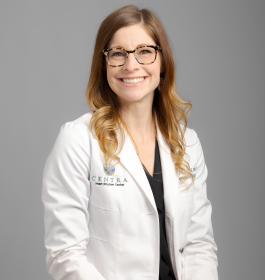Our approach to care
Your cardiologist is the doctor you turn to for help coordinating all your heart care needs. In collaboration with other cardiovascular specialists, they help prevent, diagnose or treat all types of heart and vascular disease, including:
- Angina (chest pain)
- Arrhythmias (irregular heartbeat)
- Atherosclerosis (hardening of the arteries)
- Atrial fibrillation (Afib)
- Atrial septal defect and other types of congenital heart disease
- Cardiomyopathy (enlarged heart)
- Coronary artery disease
- Heart attack
- Heart failure
- Heart valve disease, including mitral valve prolapse
- Hypertension (high blood pressure)
- High cholesterol
- Vascular disease, including carotid artery stenosis
- Vein disease, including varicose veins
Whether you have a known heart condition or a high risk of developing one, you can count on our team. We’ll help you manage conditions or behaviors that increase your risk of cardiovascular disease, such as high blood pressure and weight gain. We make sure you get the care you need to stay healthy and out of the hospital. And if you ever need to have an operation, we provide preoperative evaluations to make sure your heart is healthy enough for surgery.
How our cardiologists manage your care
Your cardiologist plays a key role in managing your ongoing tests, treatments and follow-up care. Whenever possible, we also help you prevent heart disease.
Cardiac testing
We use the latest tools and technology to ensure a precise diagnosis and tailored treatments. We may refer you for one or more of the following diagnostic tests and procedures:
- Cardiac imaging tests such as echocardiograms, stress tests and cardiac CT or MRI
- Cardiac catheterization to diagnose certain heart and blood vessel problems
- Cardiac monitors to detect and record abnormal heart rhythms. These wearable or implantable devices include Holter monitors, cardiac event recorders, the Zio patch and the Linq insertable cardiac monitor.
- Pharmacogenomic testing to see how your genetics may influence your response to blood thinners or other medications
Routine cardiology care
Your cardiologist can recommend or prescribe various nonsurgical treatments, including:
- Lifestyle changes. If you need help losing weight, quitting smoking or getting your Type 2 diabetes under control, we’ll help you create a healthy lifestyle plan or refer you to providers who specialize in these areas.
- Heart medications. Prescription drugs such as beta blockers, ACE inhibitors and blood thinners can help you manage high blood pressure or reduce your risk of stroke.
Sometimes, lifestyle changes and medication aren’t enough to control your symptoms. In this case, your cardiologist may refer you to other Centra cardiovascular specialists for additional medical or surgical treatments.
Ongoing follow-up care
Some people with cardiovascular conditions need long-term monitoring or regular follow-up visits. If you need this type of care, we’ll make sure you’re referred to one of our specialty clinics. These include:
- Device clinic. We routinely monitor patients with pacemakers and defibrillators to make sure their device works properly.
- Protime clinic. Patients who use blood thinners such as Coumadin (warfarin) must undergo periodic testing to make sure they’re taking the right dose. Prothombin time testing — also known as protime testing — is a simple blood test that only takes a few minutes.
Preventing heart disease
Cardiologists in our Preventive Cardiology Center care for people who are high-risk for heart disease due to family history and other factors. We’ll help you achieve optimal heart health by improving your controllable risk factors (including smoking, weight and diet) and screening you for problems that are out of your control (such as genetics).
A Team Approach
Our cardiologists are part of a large, integrated team that cares for people throughout central Virginia. It includes cardiovascular subspecialists and other doctors who treat medical problems that often go hand-in-hand with heart disease.








